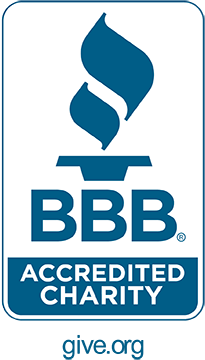Abstract: In April 2020, Vietnam initiated a country-wide lockdown to curb the spread of COVID-19. This secondary data analysis evaluates whether NGO-supported households (n = 3,431) reporting to be severely impacted by the lockdowns differ from those reporting a lesser impact, regarding food availability within households and at markets and affordability. 19.2% of respondents indicated that the pandemic had severely impacted their livelihoods. In the severely impacted group, there was a higher percentage of urban residents (25.3 vs. 8.6%; p < 0.001), households reporting decreased income (85.4 vs. 39.9%), and females (56.4 vs. 45.6%; p < 0.001) than in the less impacted group. Both groups reported similar availabilities of staple food groups at the household-level, but the availability of green vegetables was lower in the severely affected group (Adjusted OR [aOR] = 0.62, 95% CI: 0.38, 1.00) than in the less affected group. However, local market availability of hygiene items (aOR = 1.64, 95% CI: 1.13, 2.39) and essential medicines (aOR = 1.80, 95% CI: 1.29, 2.50) were higher for the more impacted group relative to the less impacted group. While the self-reported livelihood impact of COVID-19 was associated with a loss of income, the association of indicators of food availability within households and at markets, and essential item affordability, did not frequently differ. Self-determination of a severe economic impact may represent a relative change in the household’s socioeconomic status from before the pandemic.
To characterize the pandemic’s impacts on households and to assess their recovery needs, Rapid Recovery Assessment surveys were administered by World Vision International in 14 countries in the Asia-Pacific region throughout May and June 2020. Across the region, the assessments preliminarily showed that those children and families experiencing pre-existing poverty and inequality continue to be the most vulnerable to the socio-economic impacts of the pandemic (World Vision, 2020).
Article from:
Frontiers in Sustainable Food Systems, 05 November 2021





